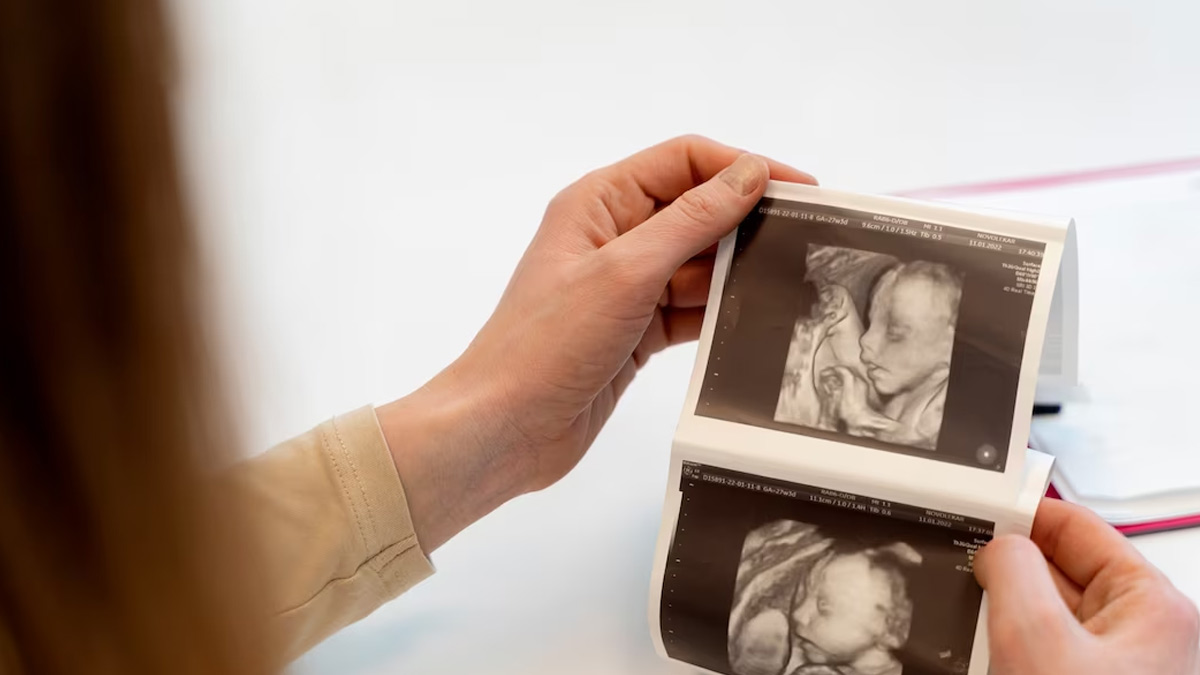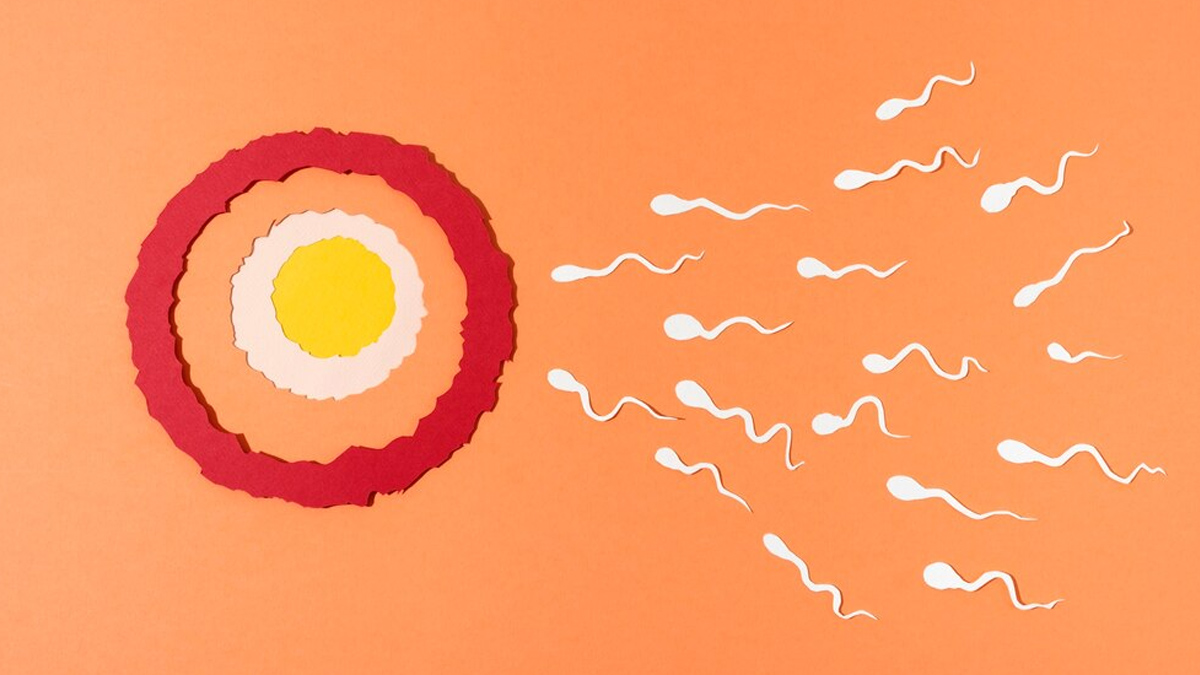
In today’s world, many people are postponing starting a family for various reasons—career goals, financial stability, or simply not feeling ready. While this is a personal choice, it often raises the question: What if I want to have children later in life? One of the most effective ways to ensure fertility preservation is through egg or embryo freezing. But which one should you choose?
Table of Content:-
We spoke to Dr Chandana Narayana, Senior Consultant - Infertility and IVF, Kinder Hospitals, Bangalore to have expert advice on egg freezing versus embryo freezing to help you make an informed decision.
The Basics Of Egg Freezing vs. Embryo Freezing
Before diving into the benefits, it's important to understand the difference between egg freezing and embryo freezing.
Egg Freezing (Oocyte Cryopreservation)
This process involves freezing your eggs before they are fertilised. This option allows you to preserve your eggs for future use but does not guarantee fertilisation when you’re ready to have a child.

Embryo Freezing
This involves fertilising your eggs with sperm (from a partner or donor) and freezing the resulting embryos. Because fertilisation has already occurred, embryos can be implanted directly into the uterus when you’re ready to conceive, making the process potentially more successful.
Also Read: Embryonic Diapause: How Can This Improve The Chances Of Successful IVF
Why Should You Freeze Your Embryos Over Eggs?
If you're unsure about which method is the best for your future family-building plans, experts say embryo freezing often comes out on top for several compelling reasons:
1. Increase Your Chances of Pregnancy
When you freeze embryos rather than eggs, you significantly increase your chances of a successful pregnancy in the future. This is because embryos have already gone through the fertilisation process, and they are typically further along in development than eggs alone. As a result, studies show that pregnancy success rates are generally higher with frozen embryos than with frozen eggs, particularly as you age.
2. Preserve Fertility More Effectively
Fertility declines as you age, particularly after the age of 35. Freezing embryos, while you’re younger (ideally in your 20s or early 30s), helps ensure that you’re preserving embryos at their peak fertility. Since sperm and egg quality tend to degrade over time, freezing embryos provides a more reliable option, particularly for women who want to delay childbearing but don’t want to risk diminishing their fertility as they grow older.

3. Higher Fertilisation Success Rates
In addition to the advantage of freezing embryos, the success rates of embryo fertilisation are higher. Studies show that 9 out of 10 embryos can be successfully fertilised during the IVF process. This makes embryo freezing an attractive option because it removes the uncertainty associated with the fertilisation step. If you're unsure about your future partner or sperm donor, embryo freezing provides a more predictable path to having a child, with a higher likelihood of obtaining viable embryos.
4. Better Control Over Genetic Health
By freezing embryos, you can take advantage of genetic testing, also known as Pre-Implantation Genetic Testing (PGT), which can help identify any potential genetic disorders before transferring the embryos into your uterus. This step is particularly beneficial for individuals with known hereditary conditions or those who are older when they choose to undergo IVF. Testing embryos before transfer offers additional peace of mind, increasing the chances of a healthy pregnancy and child.
Also Read: IVF For Male Infertility: Why It's Not Just A Female Fertility Treatment
Is Freezing Your Eggs A Viable Option?
While embryo freezing has distinct advantages, egg freezing still remains a popular choice for many individuals, particularly for those who do not have a partner or do not want to pursue sperm donation. Freezing eggs is a great way to preserve your fertility, especially if you are not yet ready to fertilise them. However, it’s important to note that egg freezing does not guarantee fertilisation or pregnancy success, as not all eggs will survive the freezing and thawing process, and the fertilisation process still depends on the sperm's quality.
Dr Narayana recommended that individuals who are considering freezing their eggs or embryos should thoroughly discuss their options with a fertility specialist. Key factors such as age, personal circumstances, and family planning goals should play a role in your decision.
Conclusion
Freezing your eggs or embryos is a powerful tool in preserving fertility for future family planning, but embryo freezing tends to offer the best chances of pregnancy success, particularly if you are in a stable relationship or have access to sperm. With improved technologies and more predictable success rates, embryo freezing stands as a compelling option for those looking to delay conception but still want to maximise their chances of a healthy pregnancy down the road.
Also watch this video
How we keep this article up to date:
We work with experts and keep a close eye on the latest in health and wellness. Whenever there is a new research or helpful information, we update our articles with accurate and useful advice.
Current Version